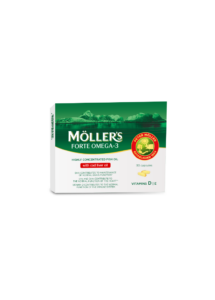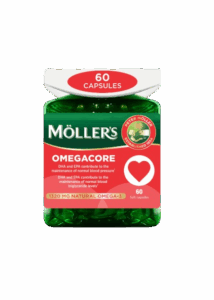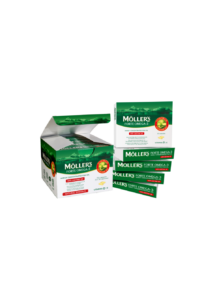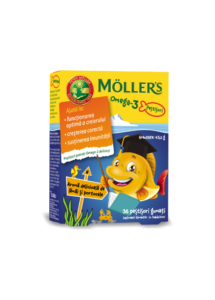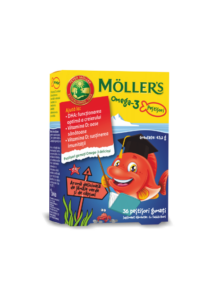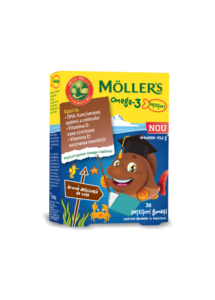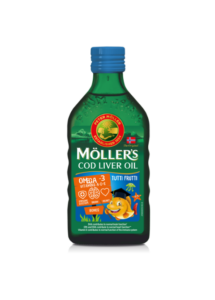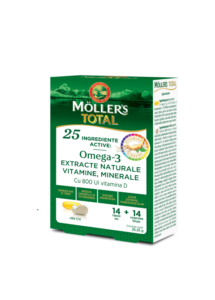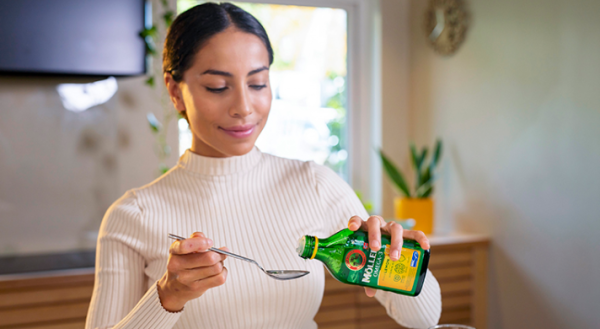Potrebe vašeg tijela mijenjaju se s godinama, kao i energetske potrebe organizma. Iako se potreba za energijom smanjuje, vaše potrebe za vitaminima i mineralima ostaju iste. Upravo zato je važno obratiti posebnu pažnju na prehranu u starijoj dobi. Pročitajte kako pravilno strukturirati obroke kako biste izbjegli pothranjenost i osigurali unos svih potrebnih nutrijenata.
Home » Promjene u tijelu tijekom starenja zahtijevaju prilagodbu prehrane
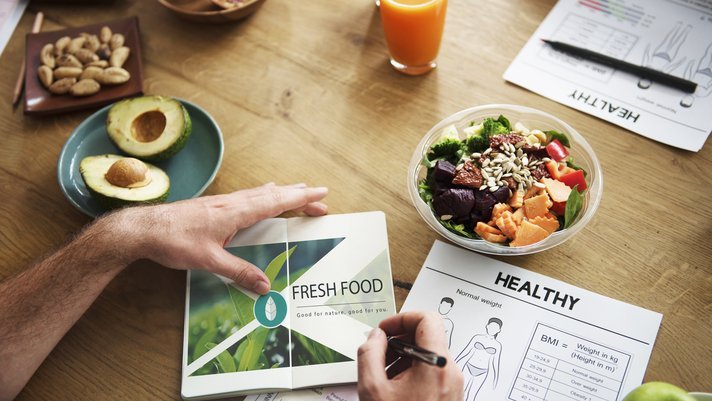
Zašto je zdrava prehrana osobito važna u starijoj dobi?
Evo nekoliko jednostavnih smjernica za zdravu prehranu:
Svakodnevno konzumirajte obroke bogate bojama: primijenite pravilo od pet porcija voća i povrća dnevno za dovoljan unos vitamina i minerala.
Birajte cjelovite žitarice kad god je to moguće: kruh, dvopek, tjesteninu i rižu.
Uključite proteine u svaki obrok: jaja, ribu, nemasno meso, mahunarke, mliječne proizvode s niskim udjelom masti.
Pijte dovoljno vode: čak i kad niste žedni. Vodu možete obogatiti voćem (jagode, naranče) ili povrćem (krastavac).
Svakodnevno birajte zdrave grickalice: umjesto krekera ili slastica, uz kavu pojedite jogurt s medom.
Hrana bogata proteinima sprječava gubitak mišićne mase
S godinama vaše tijelo treba više proteina kako bi se spriječio gubitak mišićne mase. Gubitak mišića dio je prirodnog procesa starenja zbog smanjene fizičke aktivnosti. Preporučeni dnevni unos proteina je 1–1,5 grama po kilogramu tjelesne mase. Od 65. godine života, unos proteina trebao bi iznositi 15–20% ukupnog energetskog unosa. Potreba za ugljikohidratima ne mijenja se i trebala bi iznositi 50–60%, dok bi unos masti trebao biti oko 35% ukupne dnevne energije.
Primjeri hrane bogate proteinima:
- meso i riba, uključujući i sendviče
- mliječni proizvodi
- jaja
- mahunarke poput graha, slanutka i sojinih proizvoda
- orašasti plodovi
- proizvodi od brašna i žitarica
- po potrebi proteinski prah u smoothieju ili zobenoj kaši
Važnost vitamina i minerala
Važno je birati hranu bogatu nutrijentima:
- Vitamin D iz masne ribe, ribljeg ulja ili obogaćenog mlijeka
- Kalcij iz mliječnih proizvoda poput jogurta i fermentiranih mliječnih proizvoda
- Vitamin C iz voća, sokova, krumpira, bobičastog voća i povrća
- Dovoljan unos vlakana, idealno 25–30 grama dnevno
- Željezo iz tamnog kruha, jetrene paštete, iznutrica, mesa i peradi
- Omega-3 iz masne ribe i ribljeg ulja
Pijte dovoljno vode
Starije osobe trebaju u prosjeku 2–2,5 litre tekućine dnevno. Međutim, osjećaj žeđi često je oslabljen, stoga pijte redovito kako biste izbjegli dehidraciju i zatvor. Uvijek imajte bocu vode pri ruci.
Savjeti za raznoliku prehranu
Izrada tjednog plana prehrane osigurava raznovrsnost i odgovarajući unos svih potrebnih nutrijenata. Obratite pažnju na sljedeće:
- Svaki dan najmanje pet porcija voća i povrća
- Svakodnevno cjelovite žitarice
- Riba dva do tri puta tjedno
- Mliječni proizvodi i meso s niskim udjelom masti
- Ograničen unos soli i šećera
- Ulja za kuhanje i tekući margarin umjesto maslaca
- Oko dvije litre vode dnevno
Hranjive namirnice koje biste trebali uključiti u prehranu:
- mlijeko i mliječni proizvodi
- jaja
- povrće
- voće
- orašasti plodovi
- neprerađeno meso
- perad
- riba
- proizvodi od cjelovitih žitarica
What is good health?
Do you have a good lifestyle?
Lifestyle simply means the way in which you live. Health and lifestyle go hand in hand. You might feel you have a good lifestyle if you are physically active, eat healthily and generally experience a sense of wellbeing. Conversely, if you want good health you should also have a good lifestyle.
Physical activity is the major contributor to a good lifestyle, but diet, drugs, stress, sleep and social conditions are also play an important role. Being able to use the body properly to avoid injury also affects lifestyle. Physical activity can also prevent depression and help you to recover more quickly from mental illness, both of which obviously affect your lifestyle.
Diet can be a difficult topic for many. Perhaps you eat too much or too little or maybe you find it hard to know what foods to combine to have a balanced diet. It’s also important to eat food that contains important vitamins, minerals and dietary fibre, omega-3 and antioxidants. On top of all this, you also need to get enough energy, protein and the correct fatty acids. The requirement for these nutrients changes throughout your life. When you are older you also have different requirements than children and younger adults. Women also have different requirements than men. Pregnant and breastfeeding mothers also have special requirements.
When you get older, you lose muscle mass and your body requires less energy and therefore less food. You may lead a less active life than you did before, which is why you require less food. However, your need for minerals, vitamins and other nutrients remains the same. Of course, there are plenty of healthy and active older people, but when you reach 70 to 80 years of age, it’s easier to become ill, especially during flu season.
Some steps you can take to improve your lifestyle and health are to:
- eat a healthy and varied diet
- stay active
- watch your weight
- avoid too much alcohol and don’t smoke
- get enough sleep
- think positive
- practise good hygiene
What is good quality of life?
The World Health Organisation (WHO) defines quality of life as a state where the individual can realise their potential, cope with normal stressful situations, work in a rewarding and positive way, and be able to contribute to others and society.
Quality of life is a wide and somewhat diffuse concept that includes joy in, and a desire for, life. These are values that are rather felt than measured, which in turn are based on personal environment and choices. Quality of life doesn’t necessarily depend on being healthy or sick. It’s the moments between worries, sorrows, problems and ailments that matter. For example, if you have a chronic illness, a feeling of mastery can be important when talking about quality of life.
To sum up, quality of life is a combination of health, lifestyle, networks and social support. It’s about experiencing joy, meaning in life, satisfaction, security and a sense of belonging, as well as being able to use your strengths. It’s also about feeling interest in life, coping with everyday situations and a being committed to something or someone. If you have good quality of life, you will be able to cope better with the inevitable stressful situations in life.
Naši proizvodi
MÖLLER'S FORTE OMEGA 30 kapsule
MÖLLER'S OMEGACORE
MÖLLER'S FORTE OMEGA 150 kapsule
MÖLLER'S OMEGA 3 RIBICE s okusom NARANČE I LIMUNA
MÖLLER'S OMEGA 3 RIBICE s okusom JAGODE
MÖLLER'S OMEGA 3 RIBICE s okusom COLE
MÖLLER'S OMEGA 3 ULJE JETRE BAKALARA s okusom TUTTI FRUTTI
MÖLLER'S OMEGA 3 ULJE JETRE BAKALARA s okusom LIMUNA
MÖLLER'S TOTAL
Saznajte više
Zašto Möller’s? Pouzdan i kvalitetan izvor omega-3 iz Norveške
imunitet omega-3
Dobro zdravlje, stil života i kvaliteta života – što to zapravo znači?
Ulje jetre bakalara ZDRAVO STARENJE
Ulje jetre bakalara i vaš imunološki sustav
imunološki sustav Ulje jetre bakalara
Pronađite inspiraciju na našem Instagramu
This error message is only visible to WordPress admins
Error: Access Token is not valid or has expired. Feed will not update.
